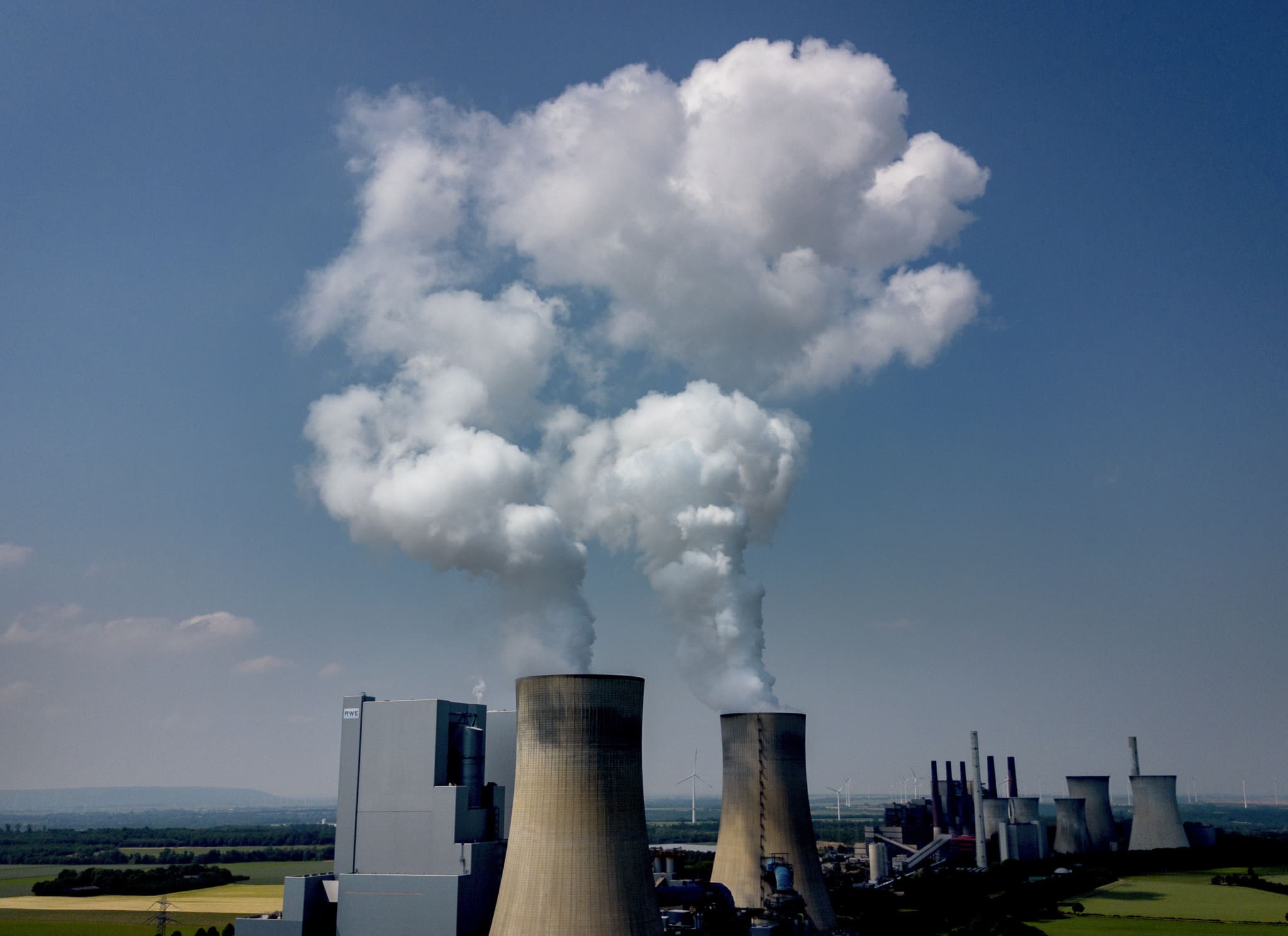Germany was the second-dirtiest producer of energy across the European Union in the past 30 days, second only to Poland, new research published by the German newspaper Bild has revealed.
A lack of wind and sunshine saw renewable energy sources falter. Combined with fewer gas imports from Russia and the federal government’s decision to close down its remaining nuclear power plants earlier this year, the country has been forced to rely on burning coal to produce energy, at some cost to the environment.
According to Bild, Germany caused 472 grams of greenhouse gases for every kilowatt-hour of electricity produced in the last 30 days. Only Poland, which remains heavily reliant on coal production, was less environmentally friendly, recording 789 grams for the same unit of electricity production.
In contrast, Czechia and Ireland were responsible for 447 grams and 432 grams of greenhouse gases per kilowatt-hour of electricity respectively, while France and Sweden, both of which have considerable nuclear power production, created just 42 grams and 20 grams, respectively.
The figures will make embarrassing reading for Germany’s federal government, which prides itself on progressive ideals and has expressed its commitment to a green energy transition, moving away from nuclear and fossil fuels towards renewables and cleaner, more efficient energy production.
In April, the federal government authorized the closing down of the country’s three remaining nuclear power plants: Isar 2 in Bavaria, Emsland in Lower Saxony, and Neckarwestheim 2 in Baden-Württemberg.
The move sparked a mixed response, especially as European nations have been investing more in nuclear energy production. Brussels has classified investment in nuclear energy projects to be green and stated they should be included in the EU Green taxonomy, much to Germany’s dismay.
Finland, for example, opened its long-awaited nuclear plant in April, a move that not only contributed to cleaner energy production but also saved Finnish consumers significant sums, as electricity prices in the country decreased by more than 75 percent.
Fatih Birol, the head of the International Energy Agency (IEA), told Bild that Germany’s over-reliance on coal when renewable energy sources aren’t working efficiently is problematic.
“I’ve always said that Europe needs to diversify its energy sources and become more self-sufficient. I very much hope that the short-term reference will remain. Germany should not think that it can permanently replace Russian gas and nuclear power with coal.”
With a higher demand for electricity expected in the near future, as much as a 50 percent increase in demand by 2030, the federal government will need to find a viable alternative to coal.
“Our figures clearly show that the goals of the federal government must be addressed as soon as possible,” said Dirk Messner, the president of the Federal Environment Agency. “We must quickly build more solar and wind energy plants,” he added.





